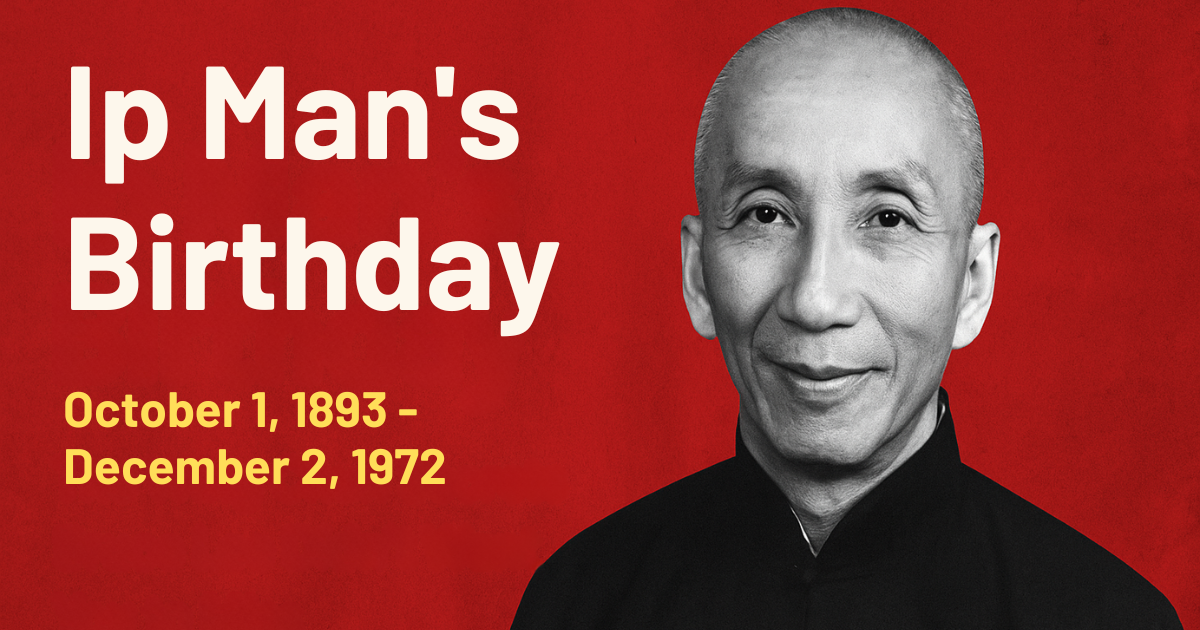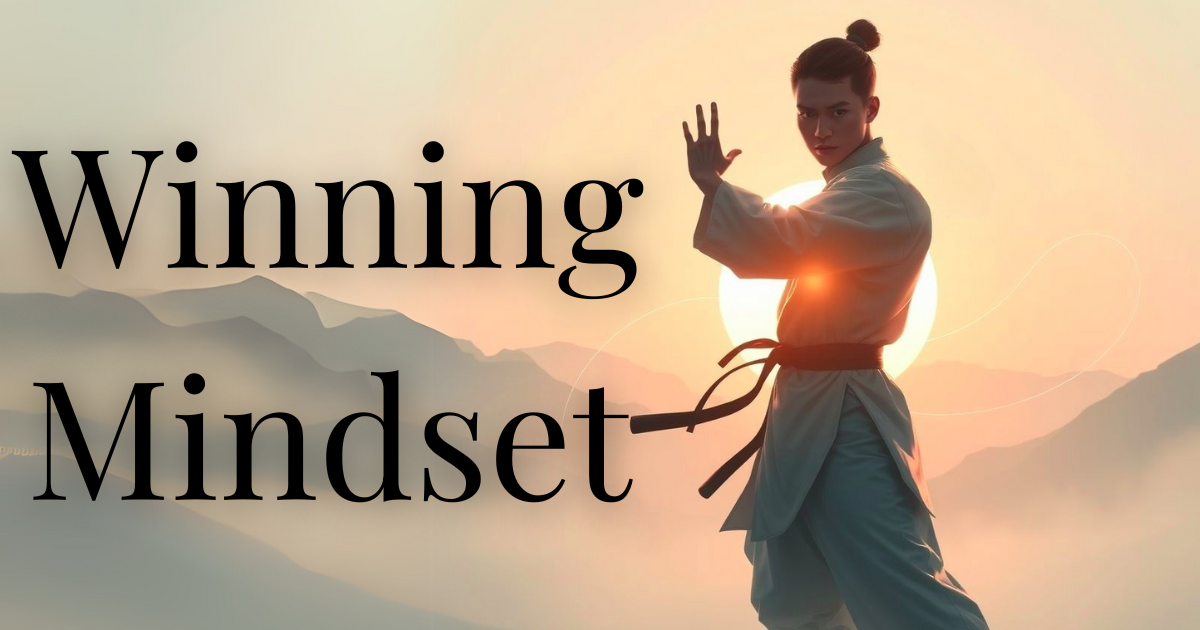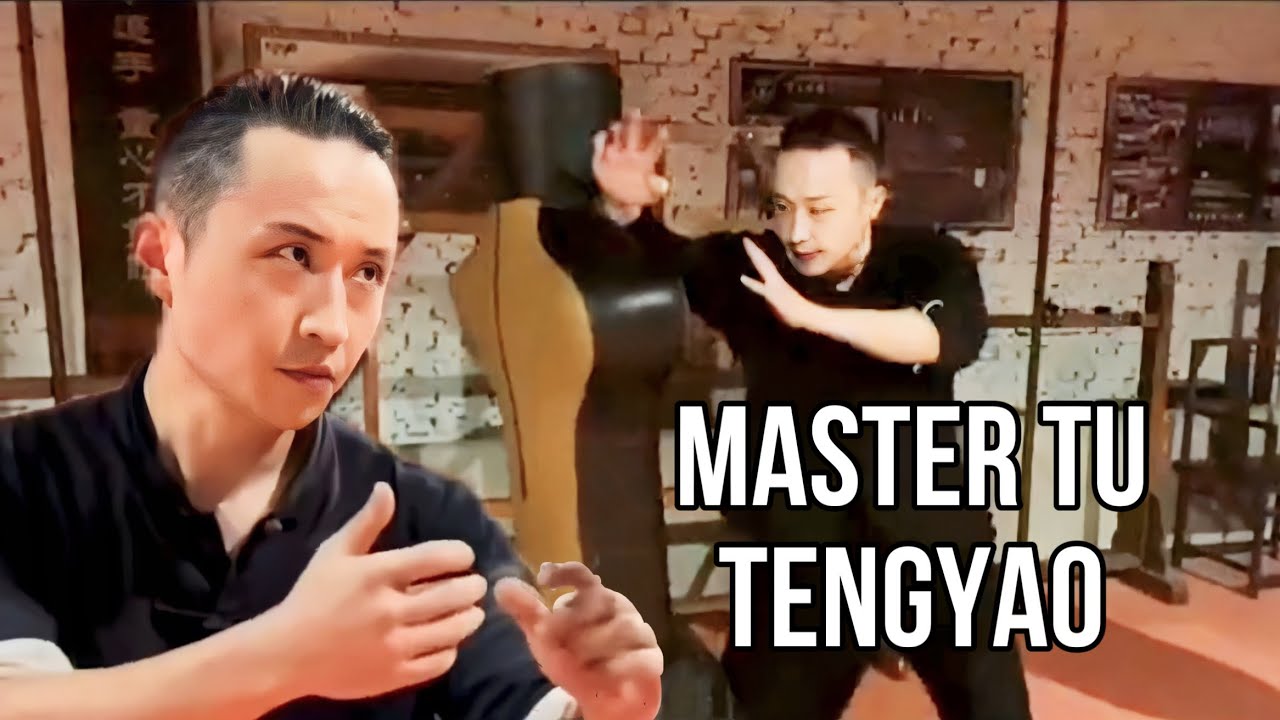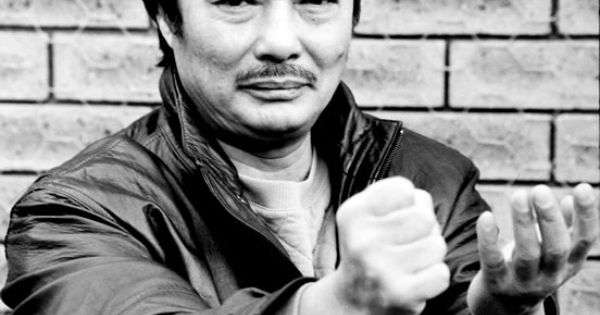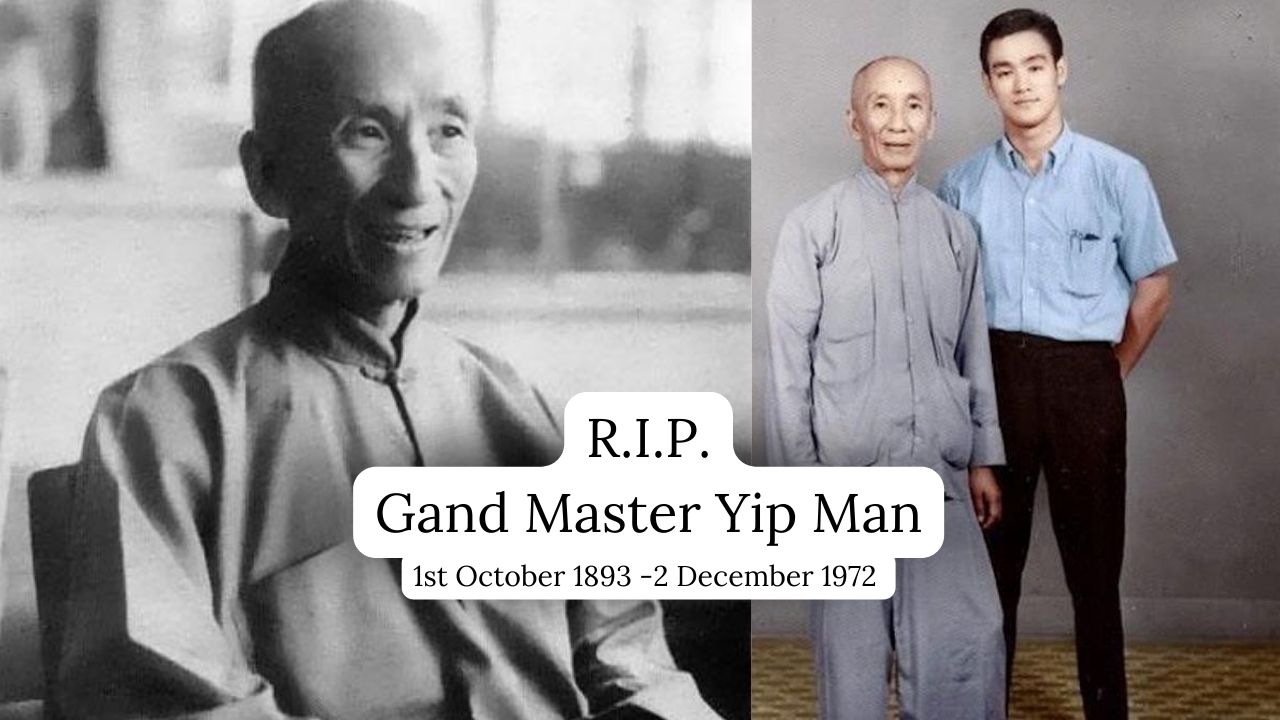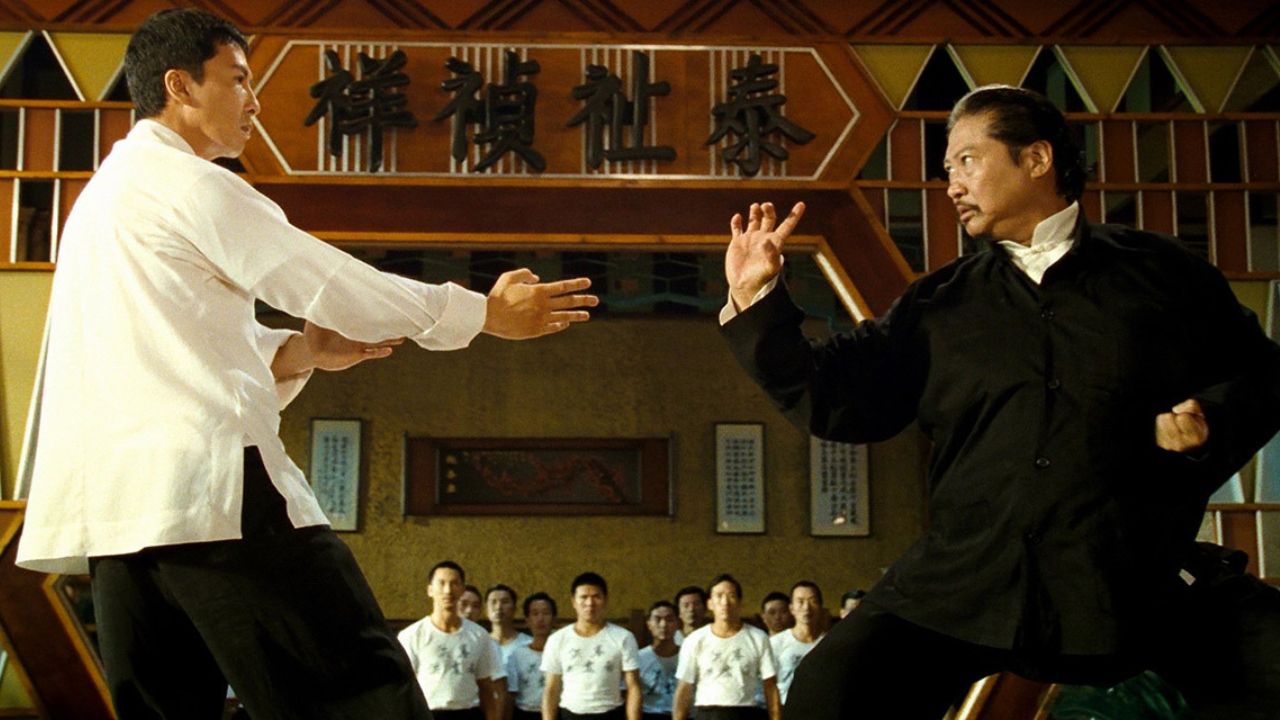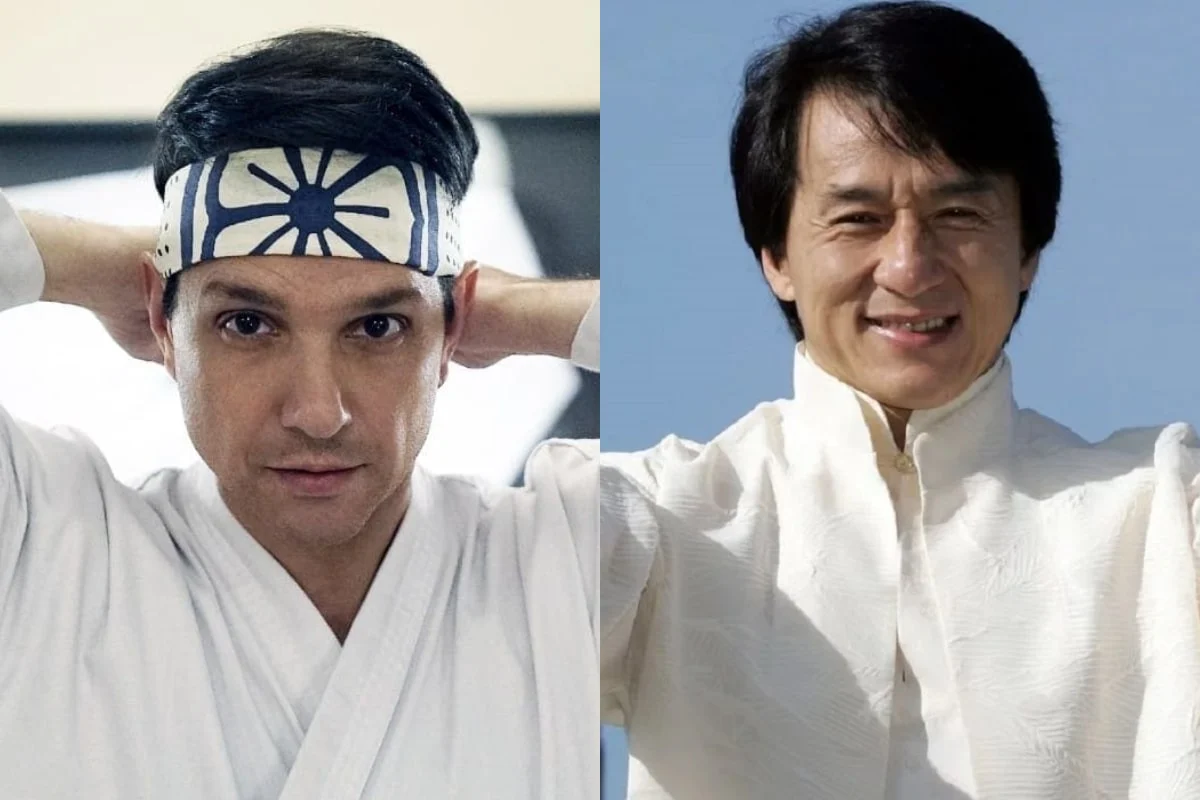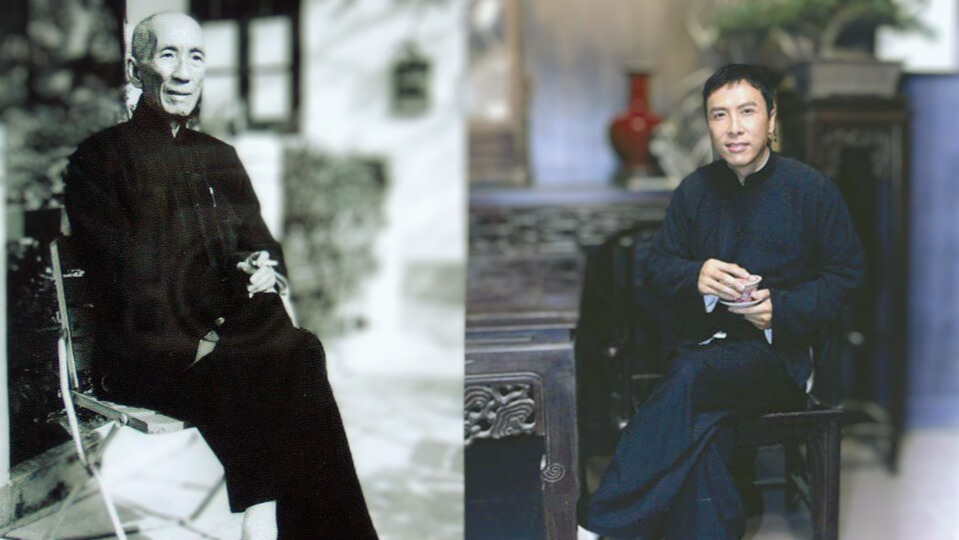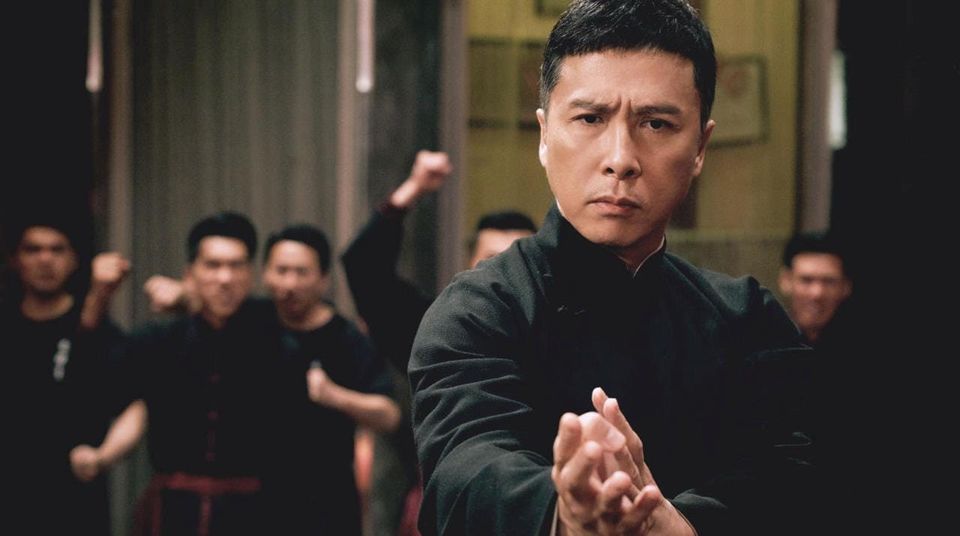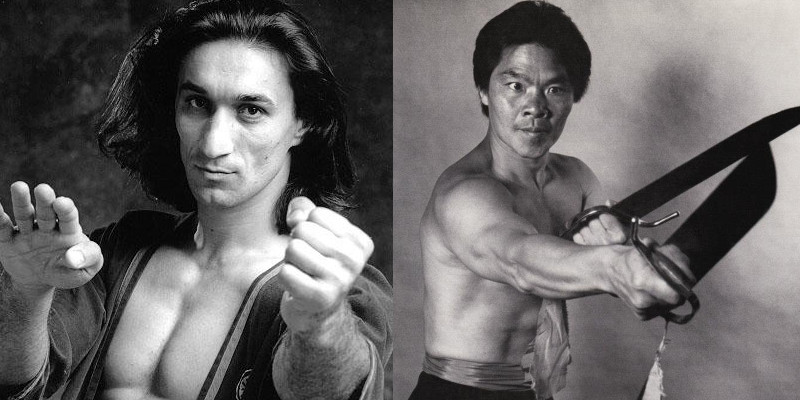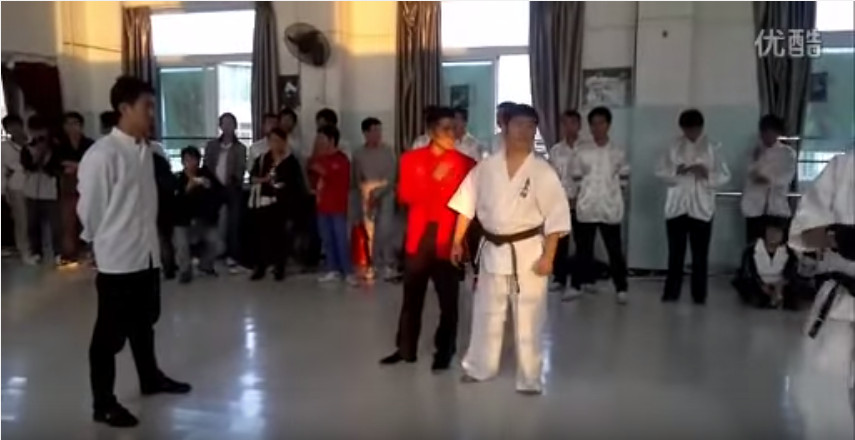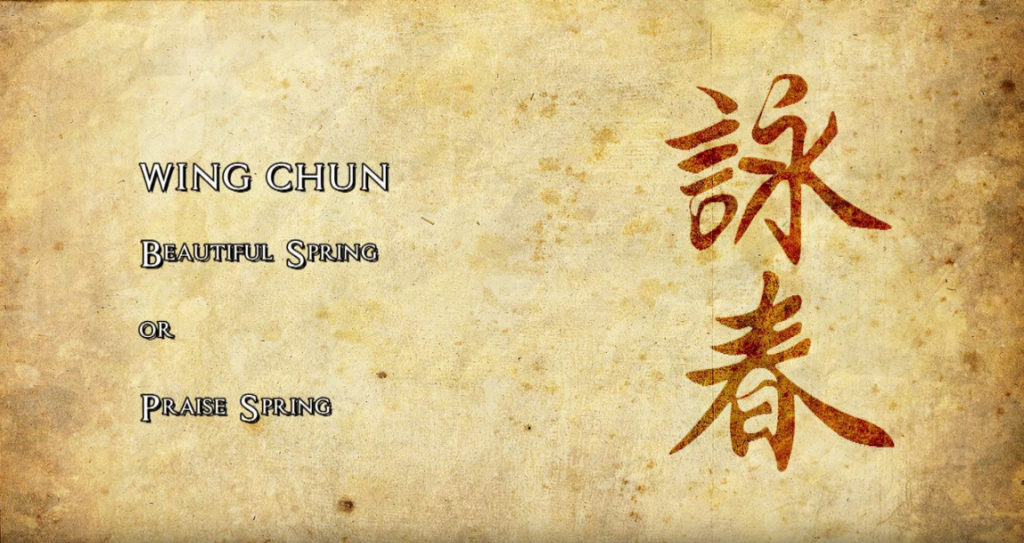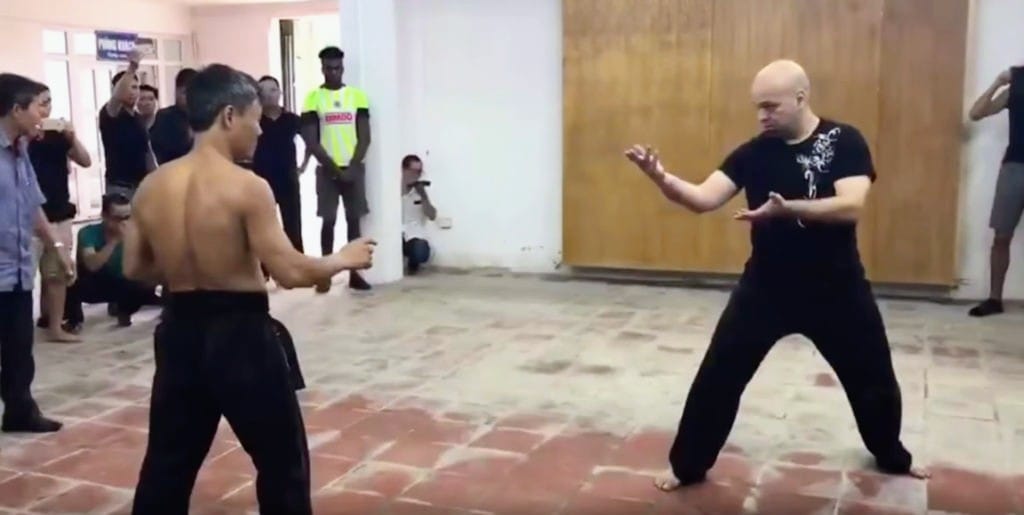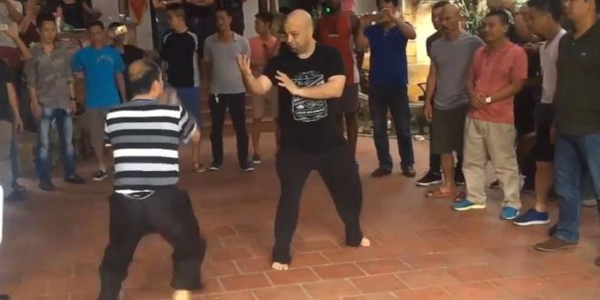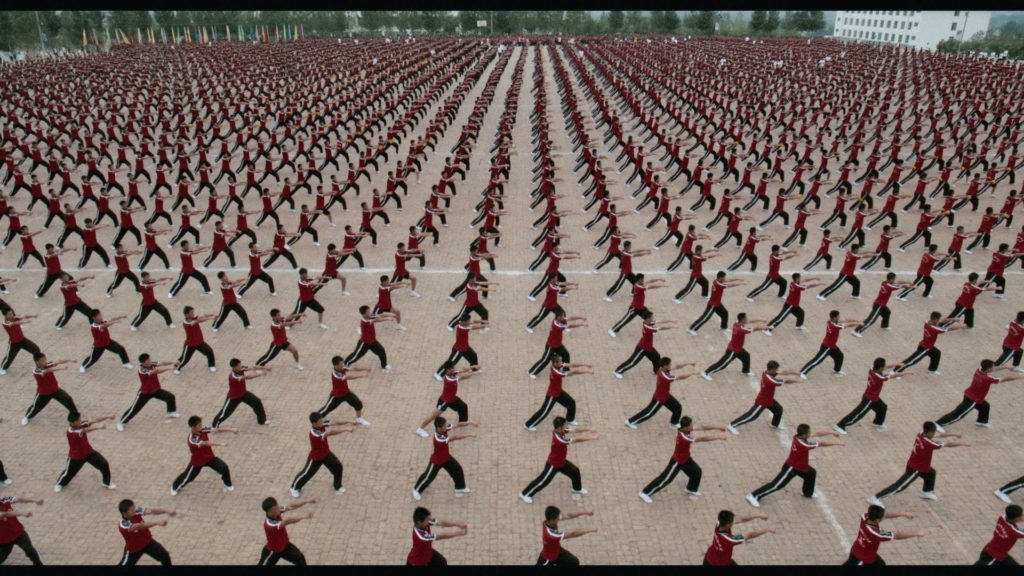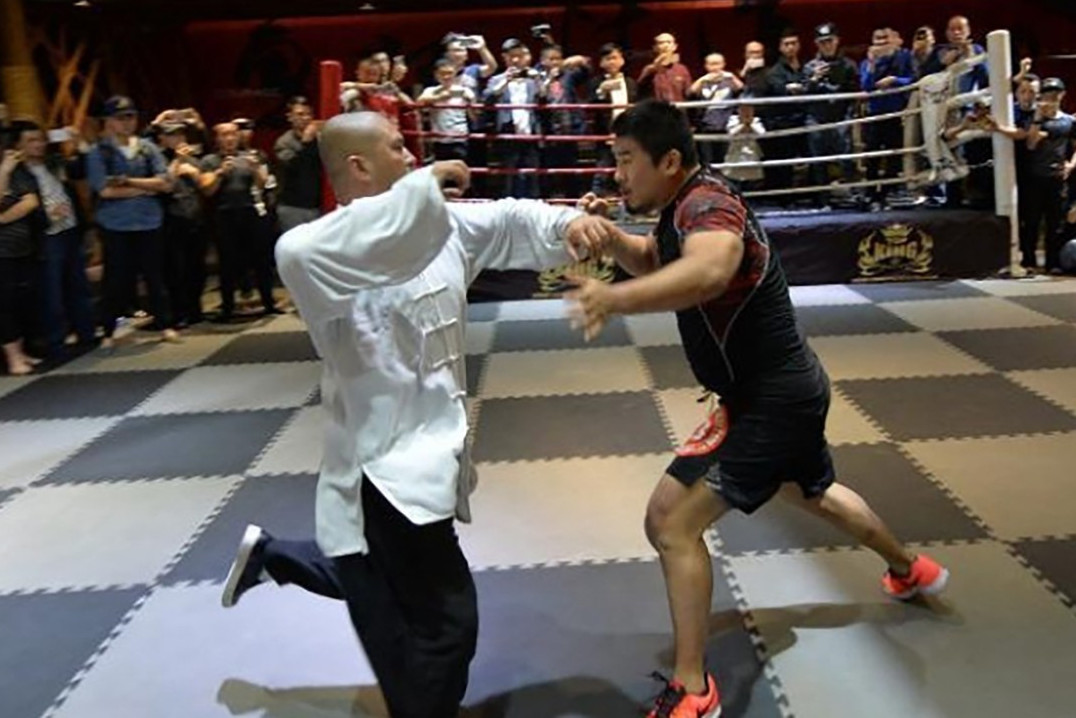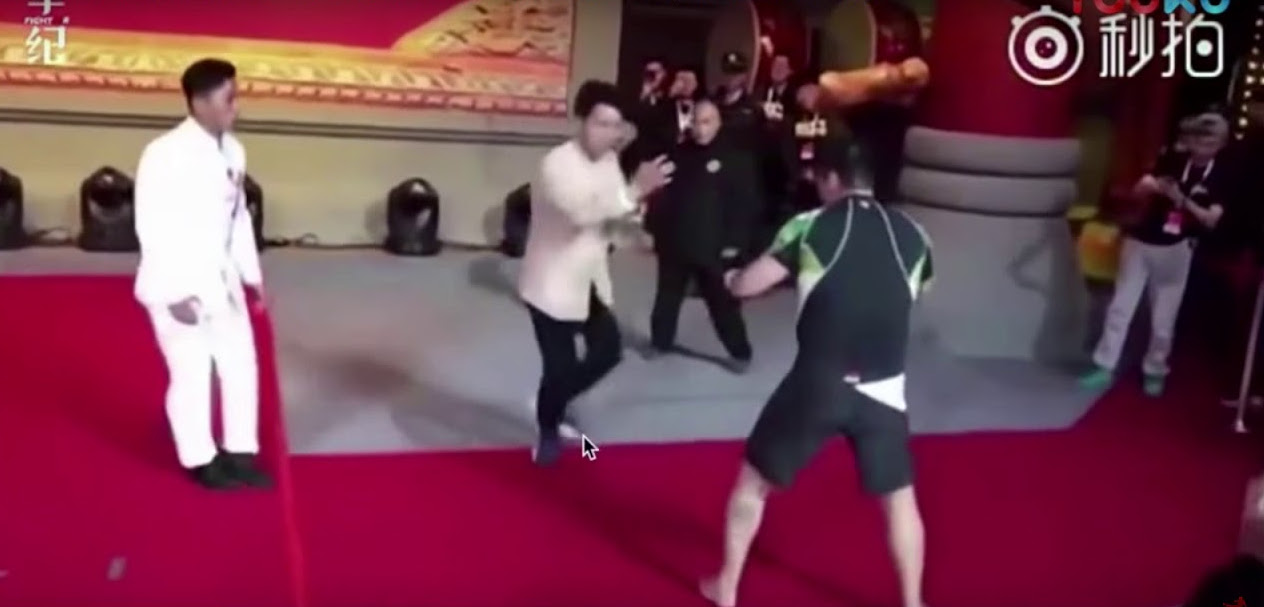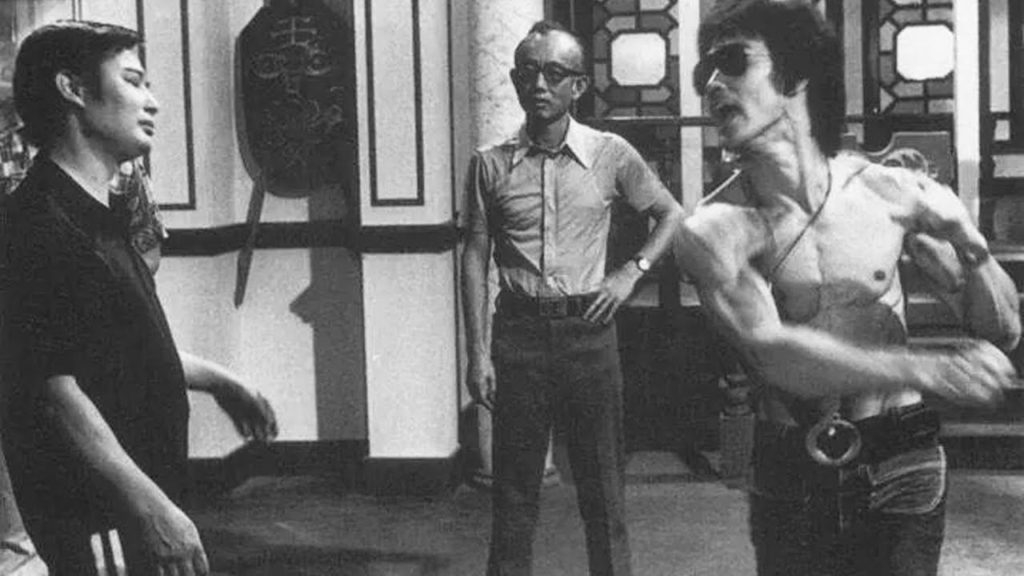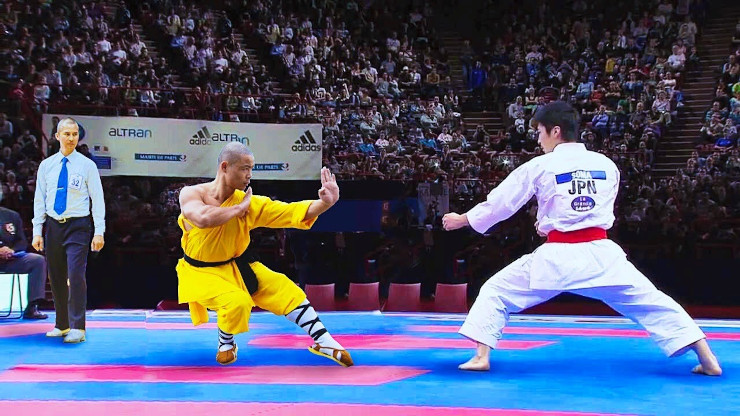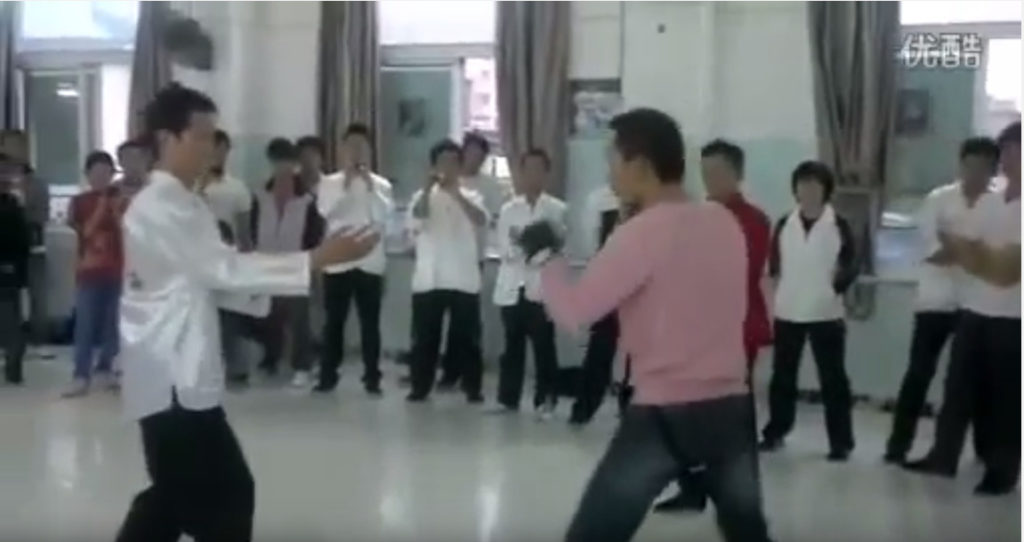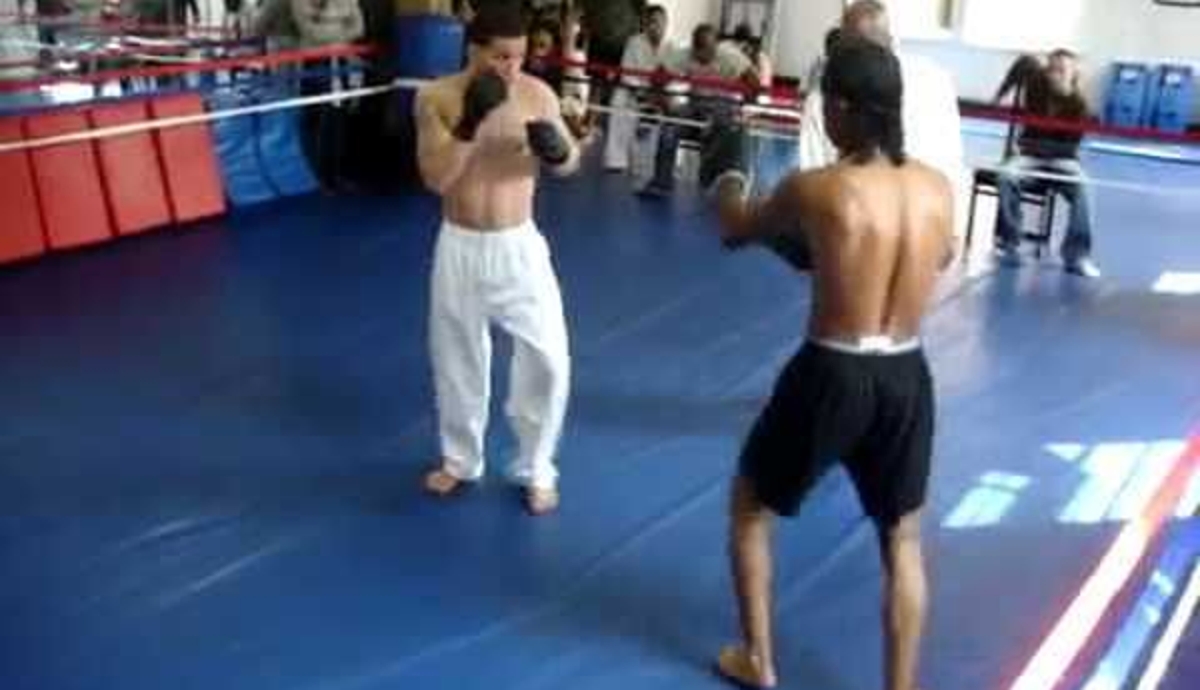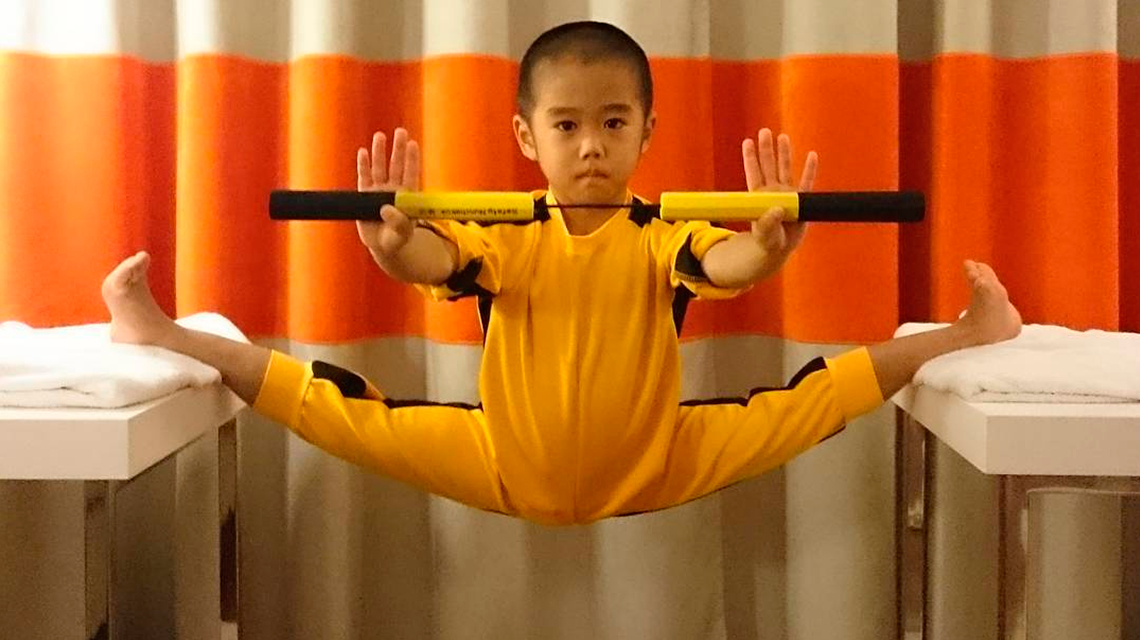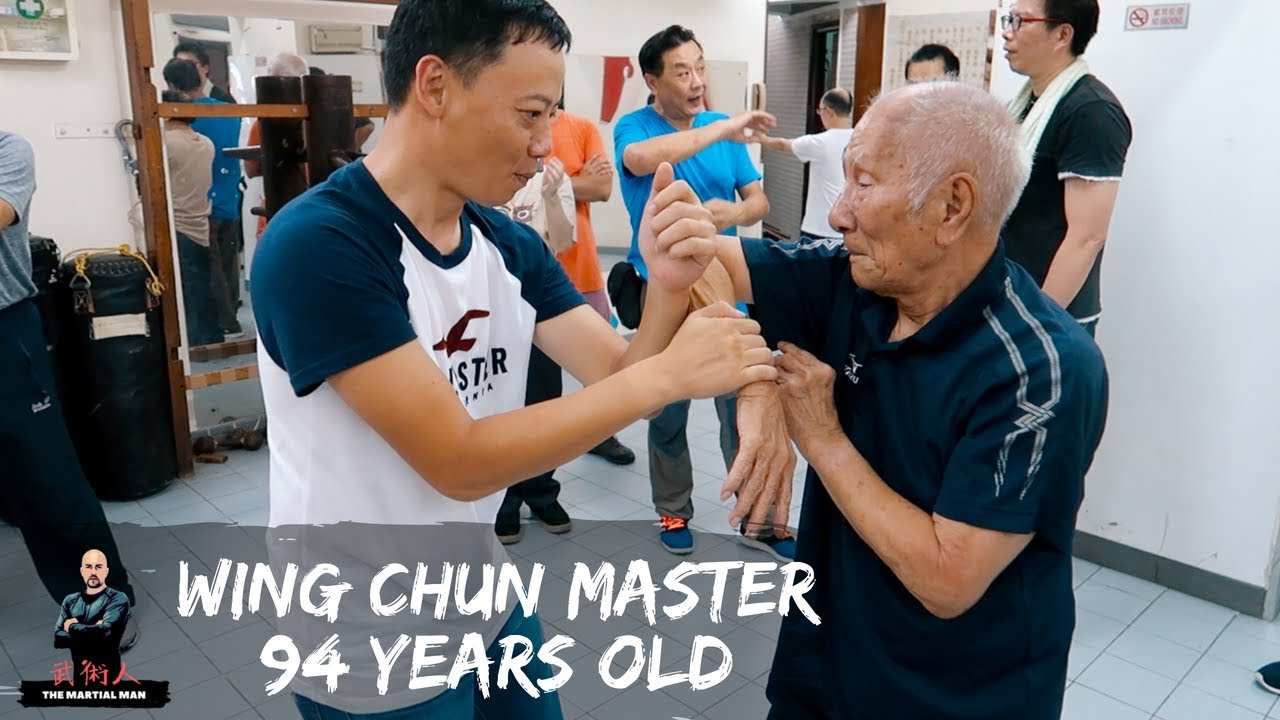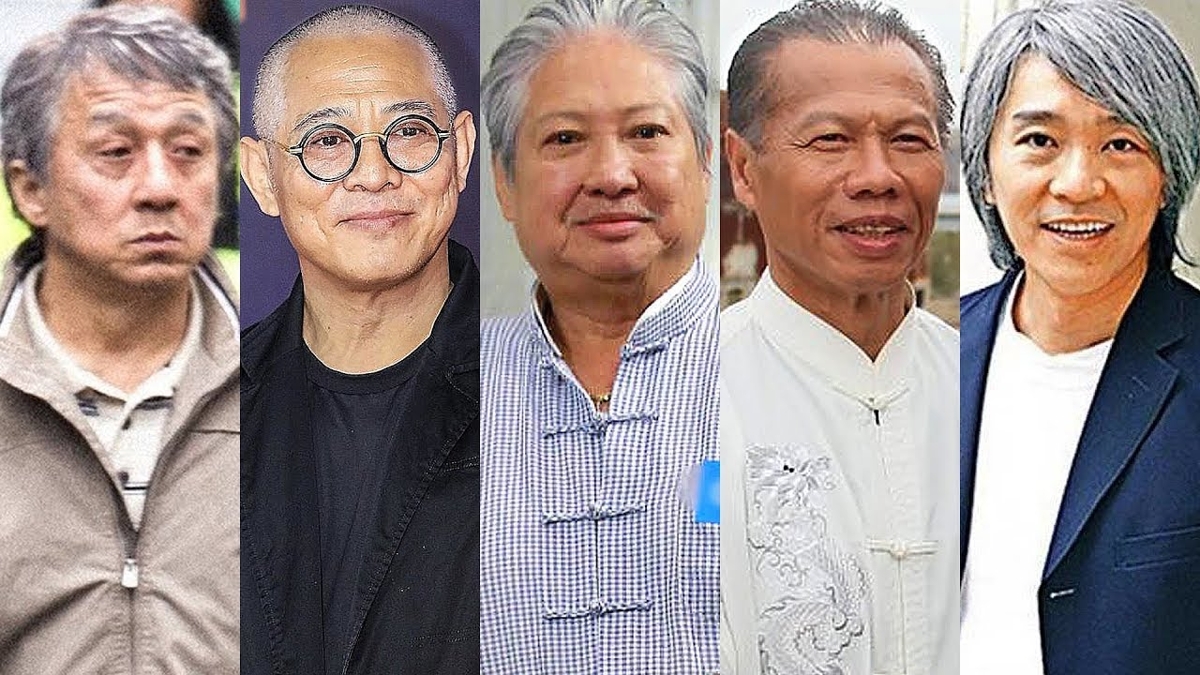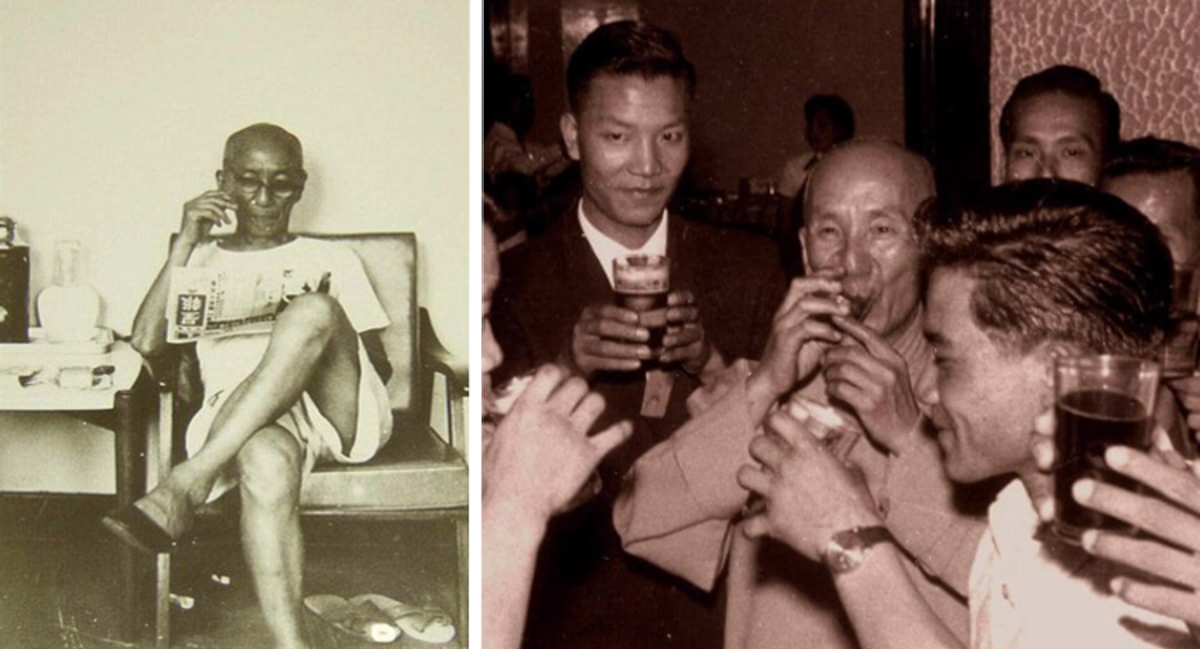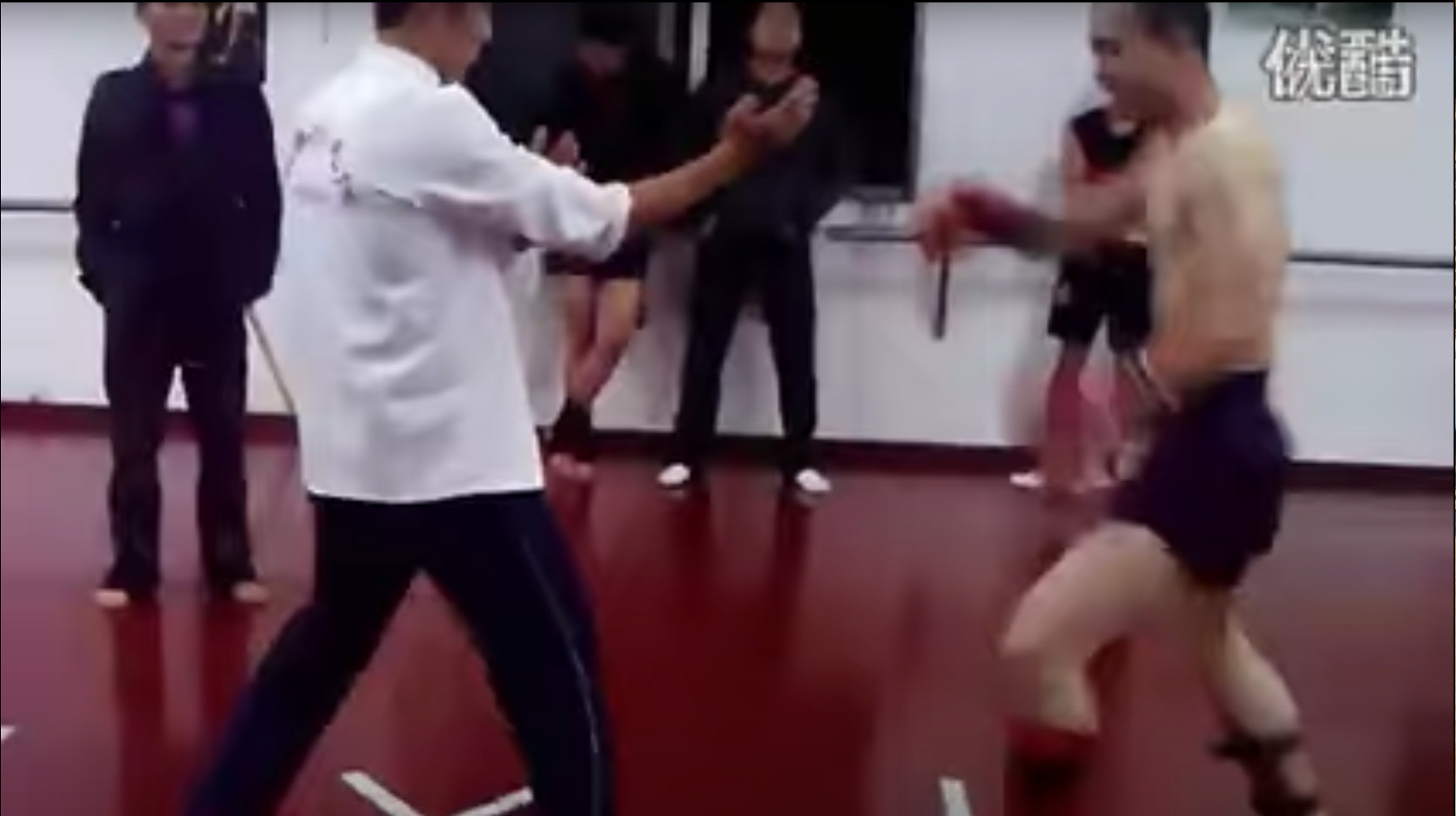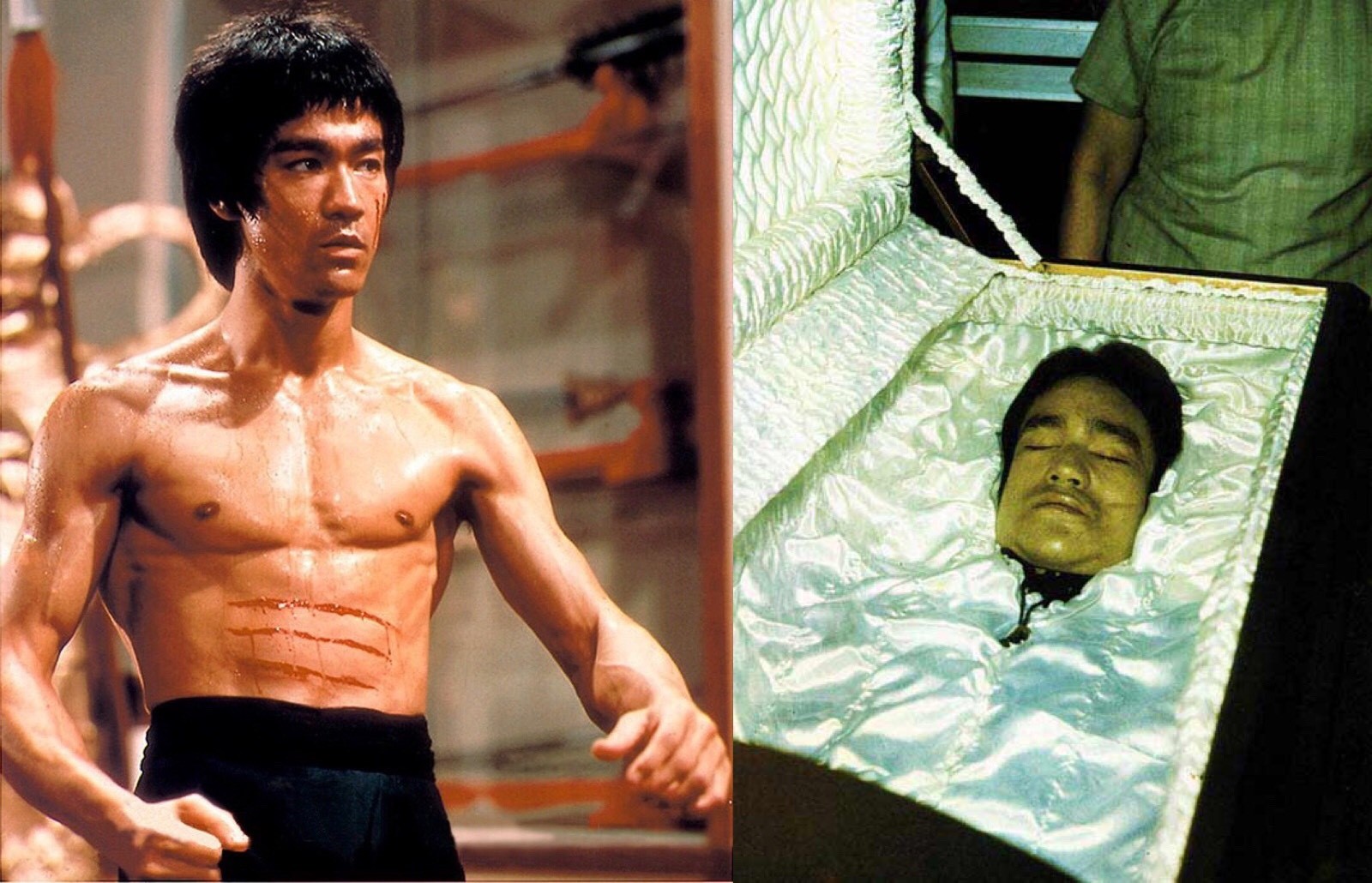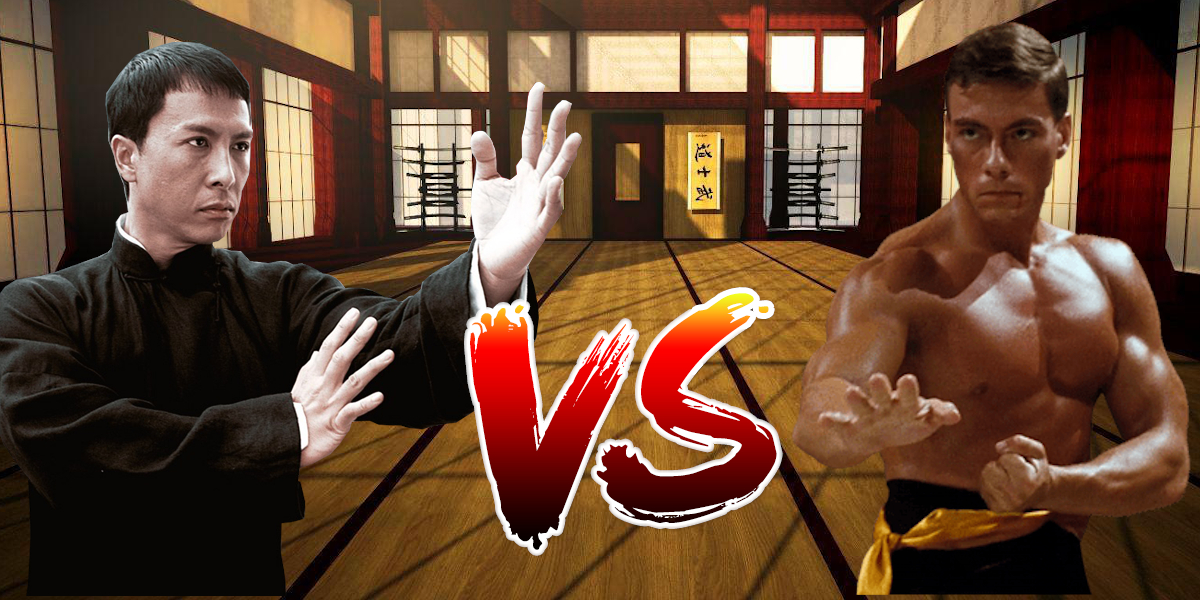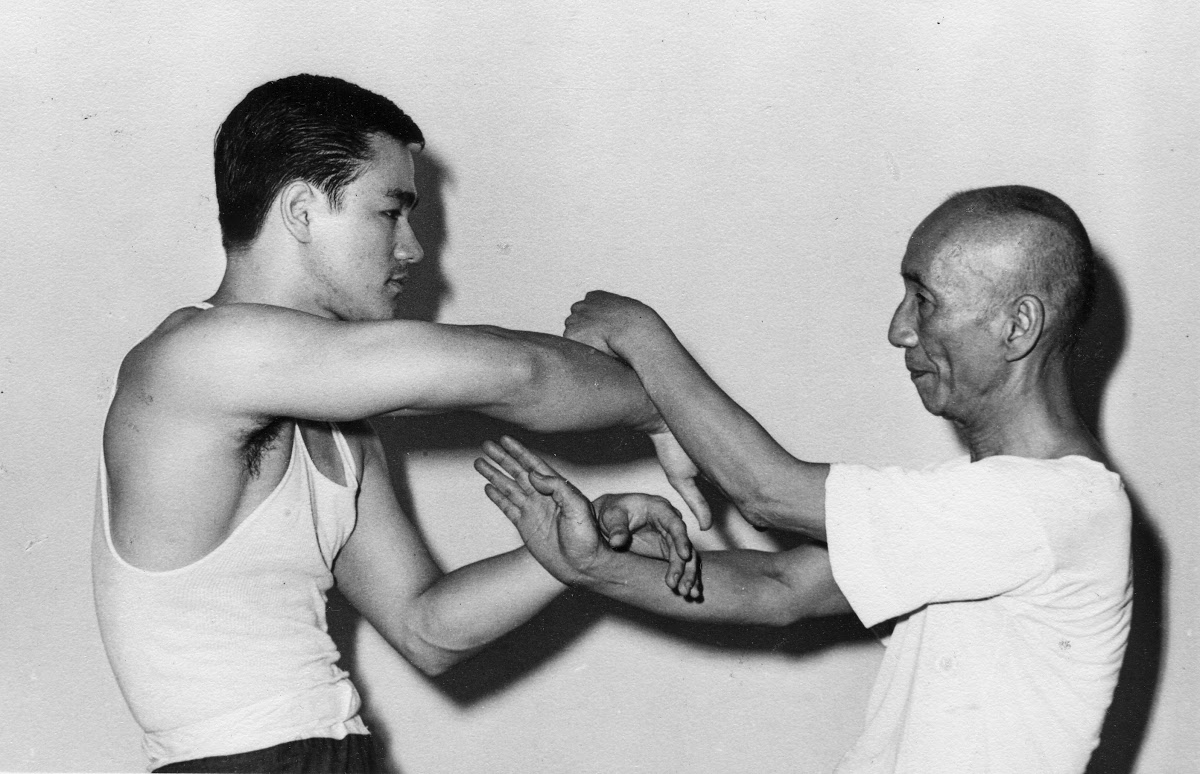The Connection Between Mindfulness and Wing Chun: Enhancing Focus and Discipline
Reading time: 5 minutes
Martial arts are often seen as a physical practice, focusing on strength, speed, and technique. However, the mental aspect of these disciplines is just as important, if not more so. Wing Chun, a Chinese martial art known for its efficiency and adaptability, places significant emphasis on the connection between the mind and body.
In this article, we will explore the relationship between mindfulness and Wing Chun, examining how the practice of mindfulness can enhance focus, discipline, and overall performance in martial art. For those interested in learning more about Wing Chun, consider downloading a free chapter of our e-book, Wing Chun: Practical Introduction to Self-Defense, currently available at a 55% discount.
Mindfulness and Wing Chun: A Natural Connection
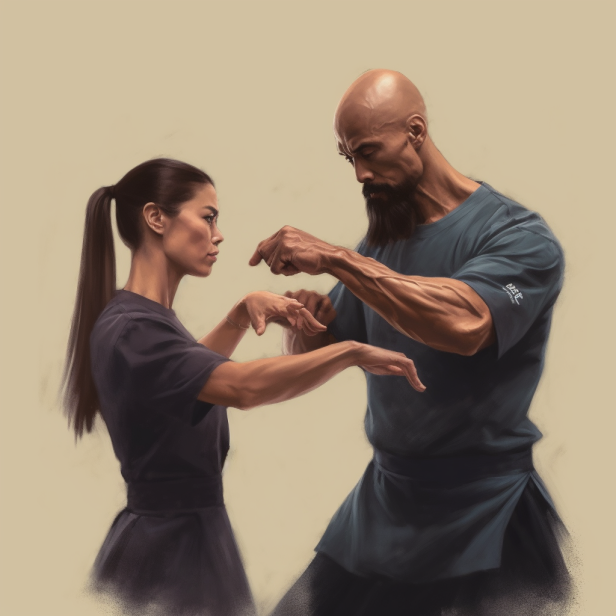
Mindfulness is the practice of being fully present at the moment, aware of one's thoughts, feelings, and bodily sensations without judgment. This state of heightened awareness can have numerous benefits, including reduced stress, increased focus, and improved mental clarity. In Wing Chun, mindfulness plays a crucial role in developing the necessary focus and discipline required for mastery of martial art.
Wing Chun emphasizes the importance of maintaining a relaxed yet focused state during practice and combat. This mental state allows practitioners to respond quickly and efficiently to changing situations, adapting their techniques as needed to neutralize an opponent. By practicing mindfulness, Wing Chun practitioners can develop a heightened sense of awareness, enabling them to better understand their own movements and reactions, as well as those of their opponents.
Developing Mindfulness through Wing Chun Practice

There are several ways that Wing Chun practice can help cultivate mindfulness:
Breathing Exercises: Proper breathing is an essential component of Wing Chun practice, helping to maintain relaxation and focus during training. By concentrating on the breathing, practitioners can develop greater awareness of their physical sensations and mental state.
Forms Practice: Wing Chun forms, such as Siu Nim Tao and Chum Kiu, require a high level of concentration and focus. Practicing these forms can help cultivate mindfulness by encouraging practitioners to be fully present in the moment, paying attention to every detail of their movements.
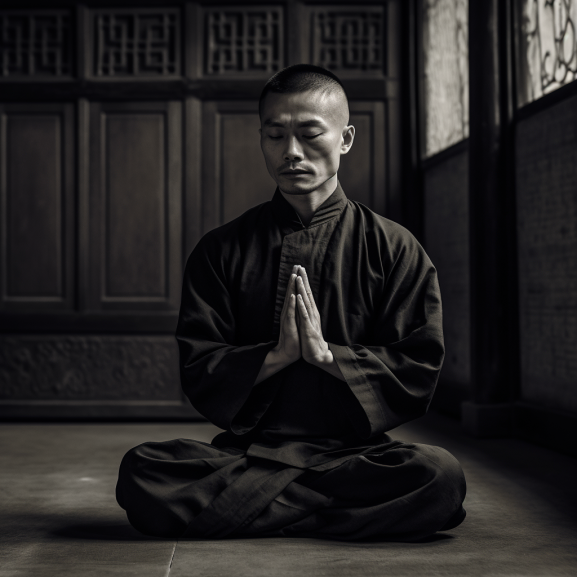
Chi Sao (Sticky Hands): This unique Wing Chun exercise involves close contact between training partners, requiring them to maintain constant awareness of their own movements and reactions, as well as those of their partner. Through Chi Sao practice, Wing Chun practitioners can develop greater sensitivity and mindfulness.
Applying Mindfulness to Wing Chun Training

Incorporating mindfulness into your Wing Chun training can lead to significant improvements in focus, discipline, and overall performance. Here are some tips for integrating mindfulness into your practice:
Begin with a short meditation: Before beginning your training session, take a few minutes to sit quietly and focus on your breath. This can help clear your mind and set the stage for a more focused and mindful practice.
Pay attention to your body: During your Wing Chun training, maintain awareness of your physical sensations, including your breath, posture, and muscle tension. This can help you identify areas where you may be holding unnecessary tension, allowing you to relax and improve your technique.
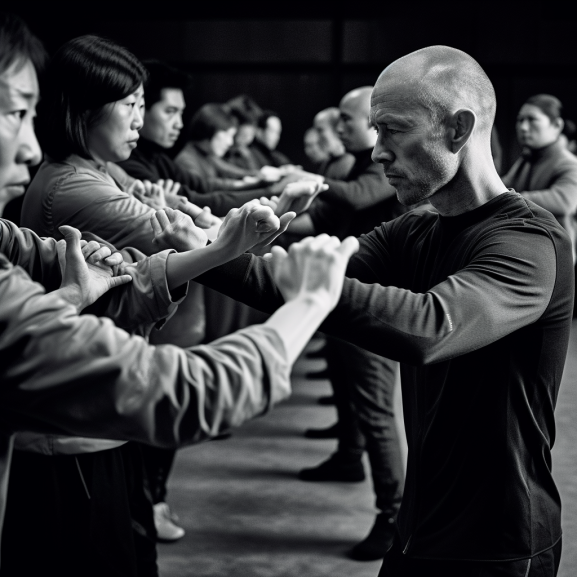
Stay present in the moment: When practicing Wing Chun, avoid becoming overly focused on the outcome of a particular technique or movement. Instead, stay fully present in the moment, concentrating on your current actions and sensations.
Conclusion
The practice of mindfulness and its integration into Wing Chun training can lead to significant improvements in focus, discipline, and overall performance in martial art. By developing a heightened sense of awareness and presence, practitioners can unlock their full potential, both in the practice of Wing Chun and in their daily lives.
For those interested in deepening their understanding of Wing Chun and its connection to mindfulness, consider downloading a free chapter of our e-book, Wing Chun: Practical Introduction to Self-Defense. Currently available at a 55% discount, this comprehensive guide offers valuable insights into the world of Wing Chun, its techniques, principles, and applications, as well as its connection to mindfulness and mental training, enriched with an effective step-by-step guide through breathing exercises.
As you continue to explore the fascinating world of Wing Chun, remember that the practice of martial arts is not only about physical prowess but also about the cultivation of the mind. Through the integration of mindfulness into your Wing Chun training, you can develop a deeper understanding of yourself, your actions, and your reactions, leading to enhanced focus, discipline, and overall performance in your martial arts journey.
So, whether you're a seasoned Wing Chun practitioner or just beginning your journey in martial arts, consider embracing the connection between mindfulness and Wing Chun. Download the free chapter of our e-book, and let your passion for martial arts guide you toward new heights of personal growth and self-discovery. By doing so, you'll not only enjoy the many benefits of Wing Chun practice but also unlock the full potential of your mind, enhancing your focus, discipline, and overall performance in martial art and beyond.
Thank you. Your comment will be approved shortly.
Comments
Thank you. Your comment will be approved shortly.
Thank you. Your comment will be approved shortly.
Thank you. Your comment will be approved shortly.
Thank you. Your comment will be approved shortly.
Thank you. Your comment will be approved shortly.


